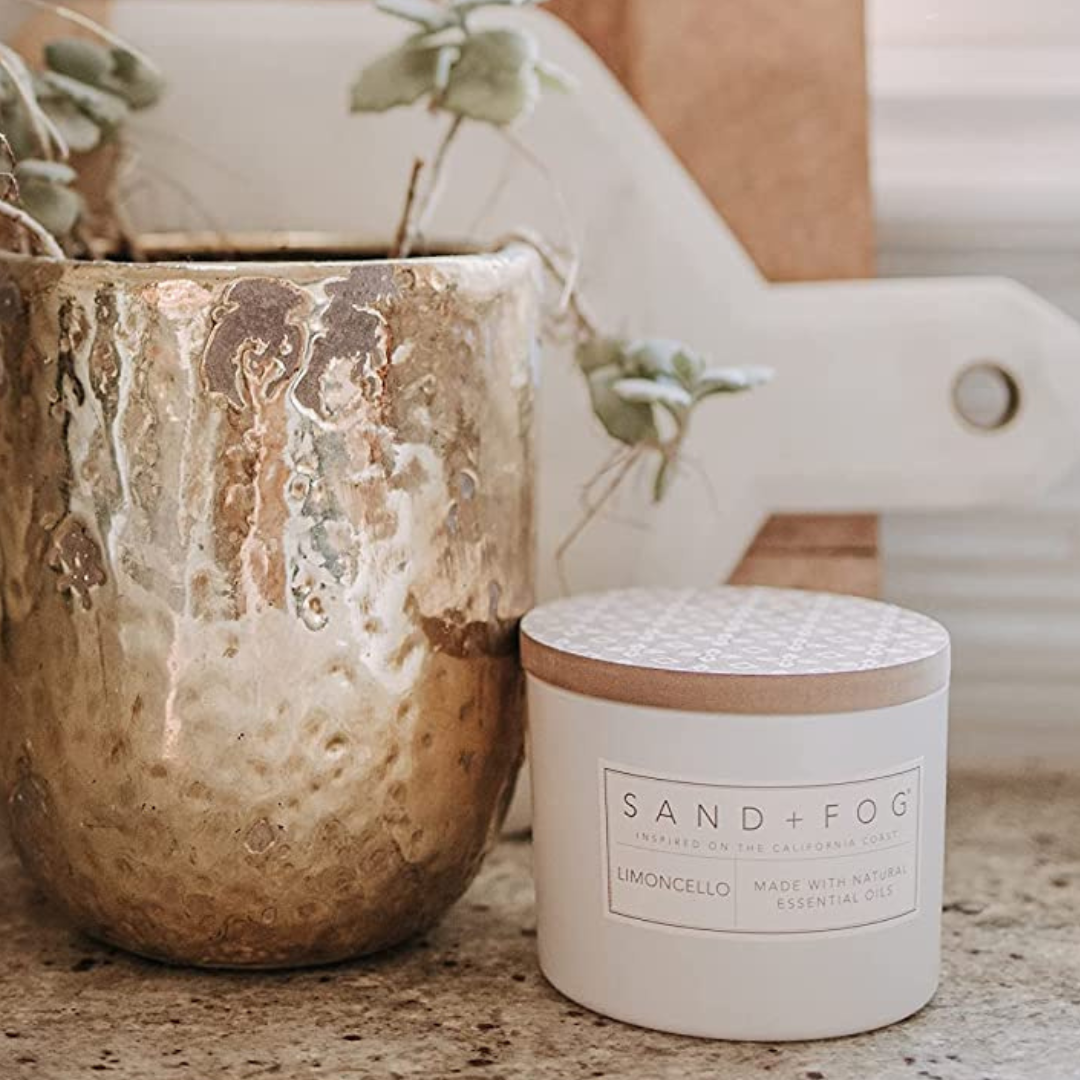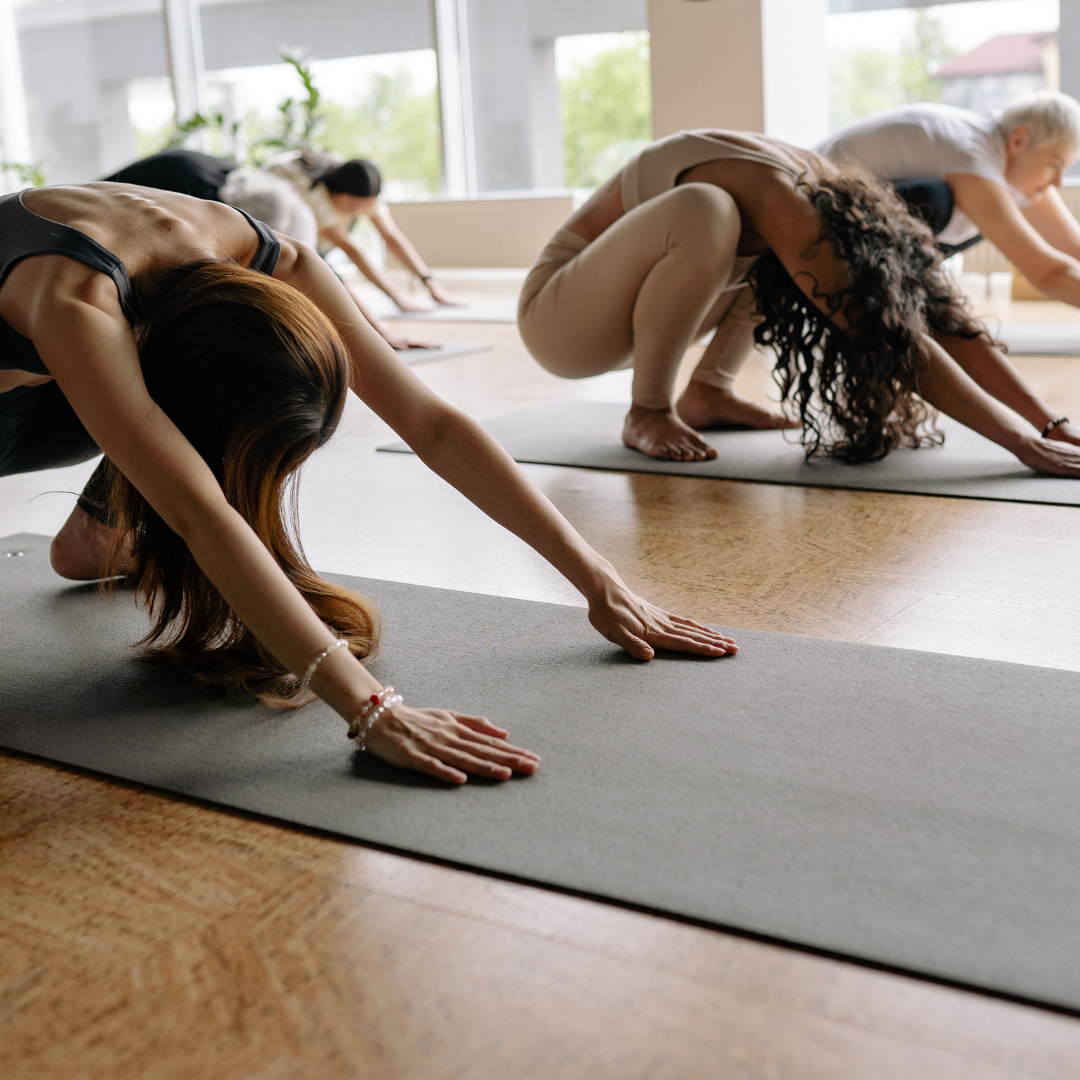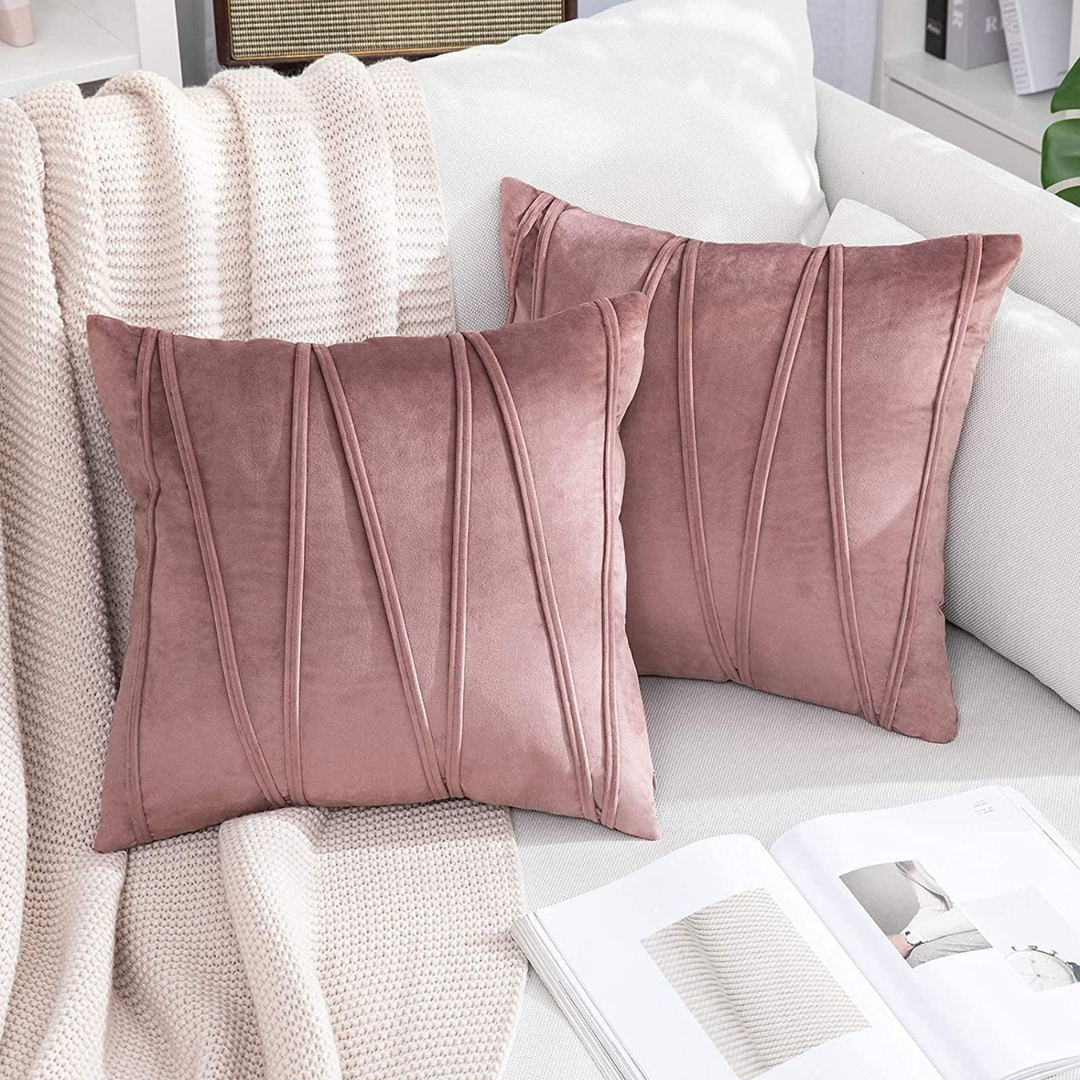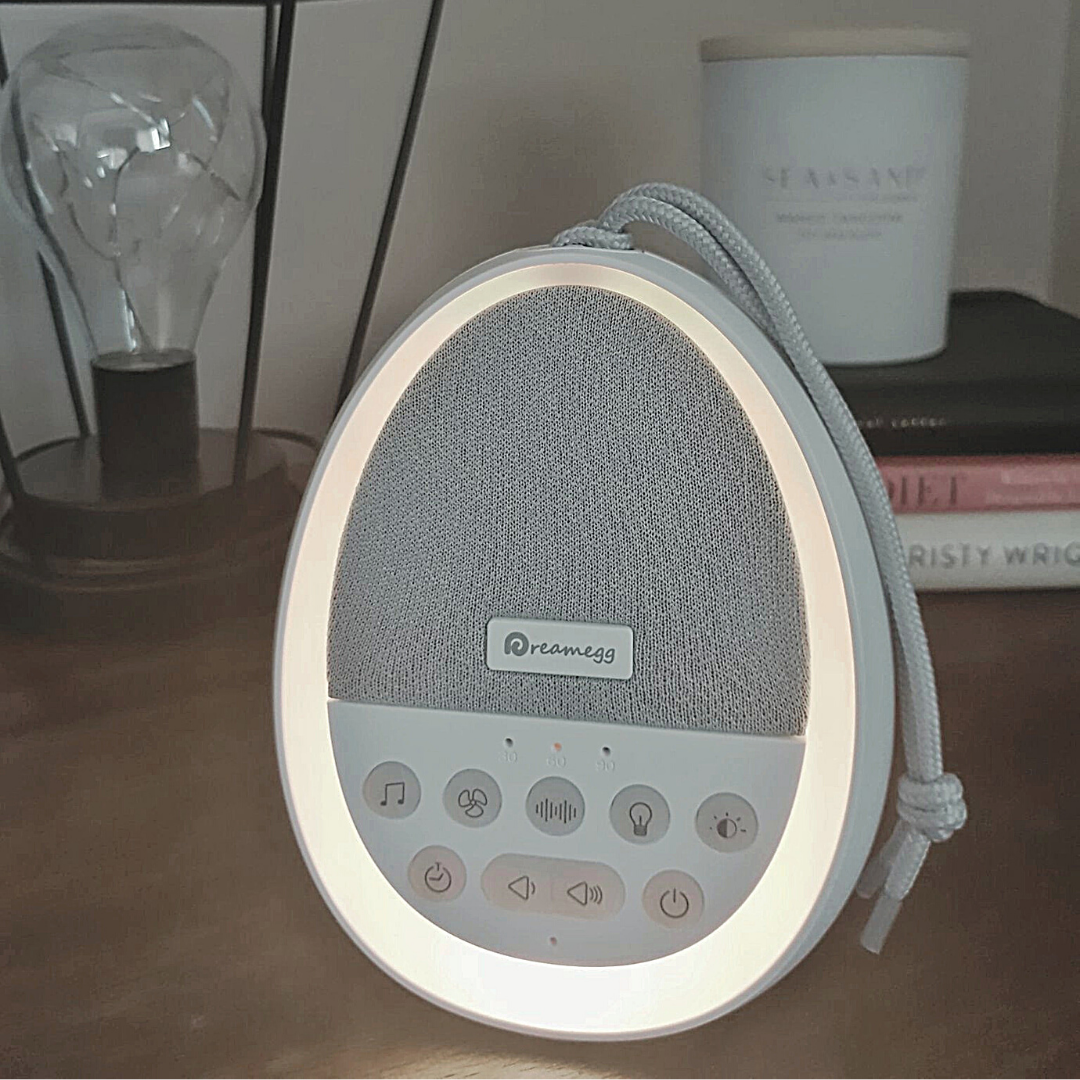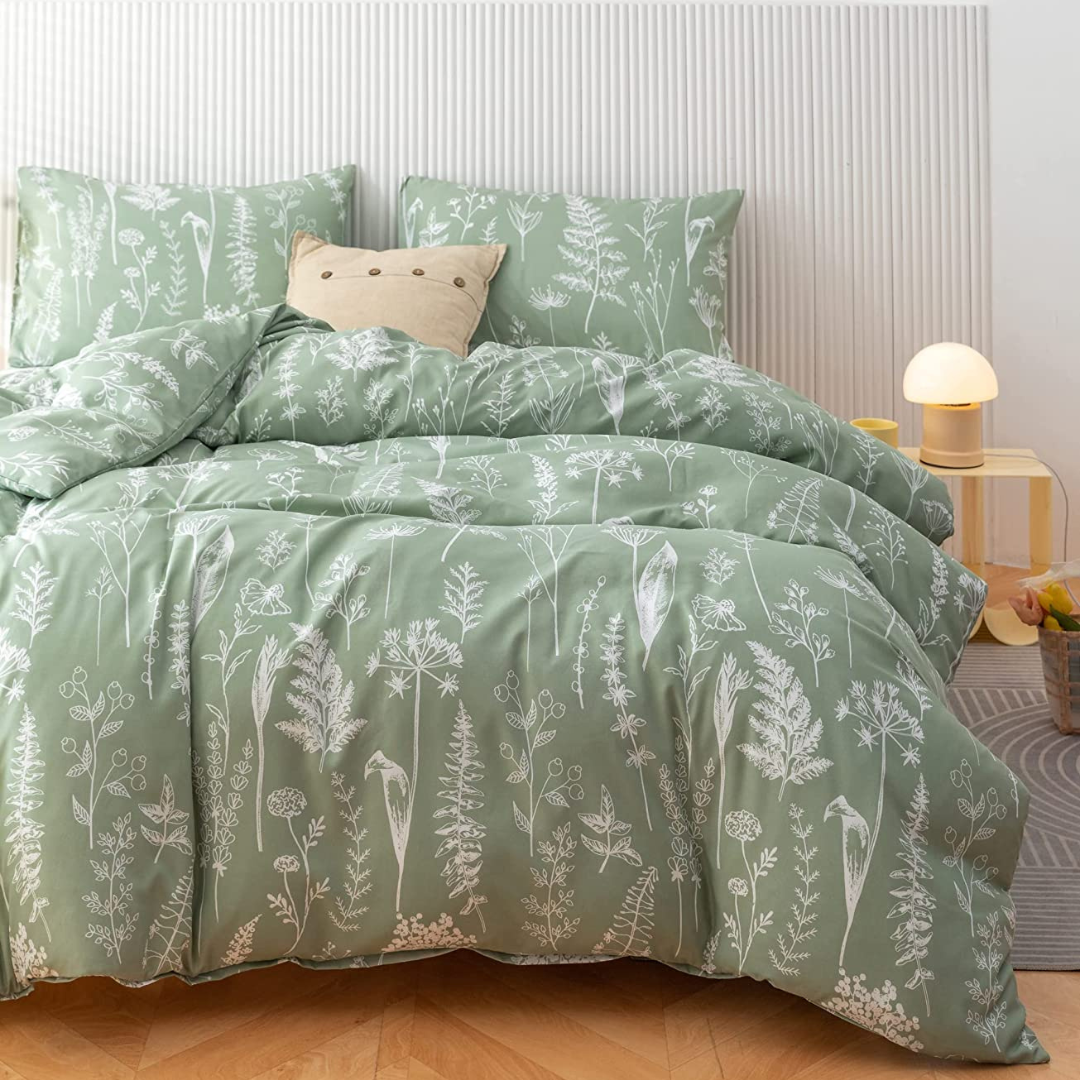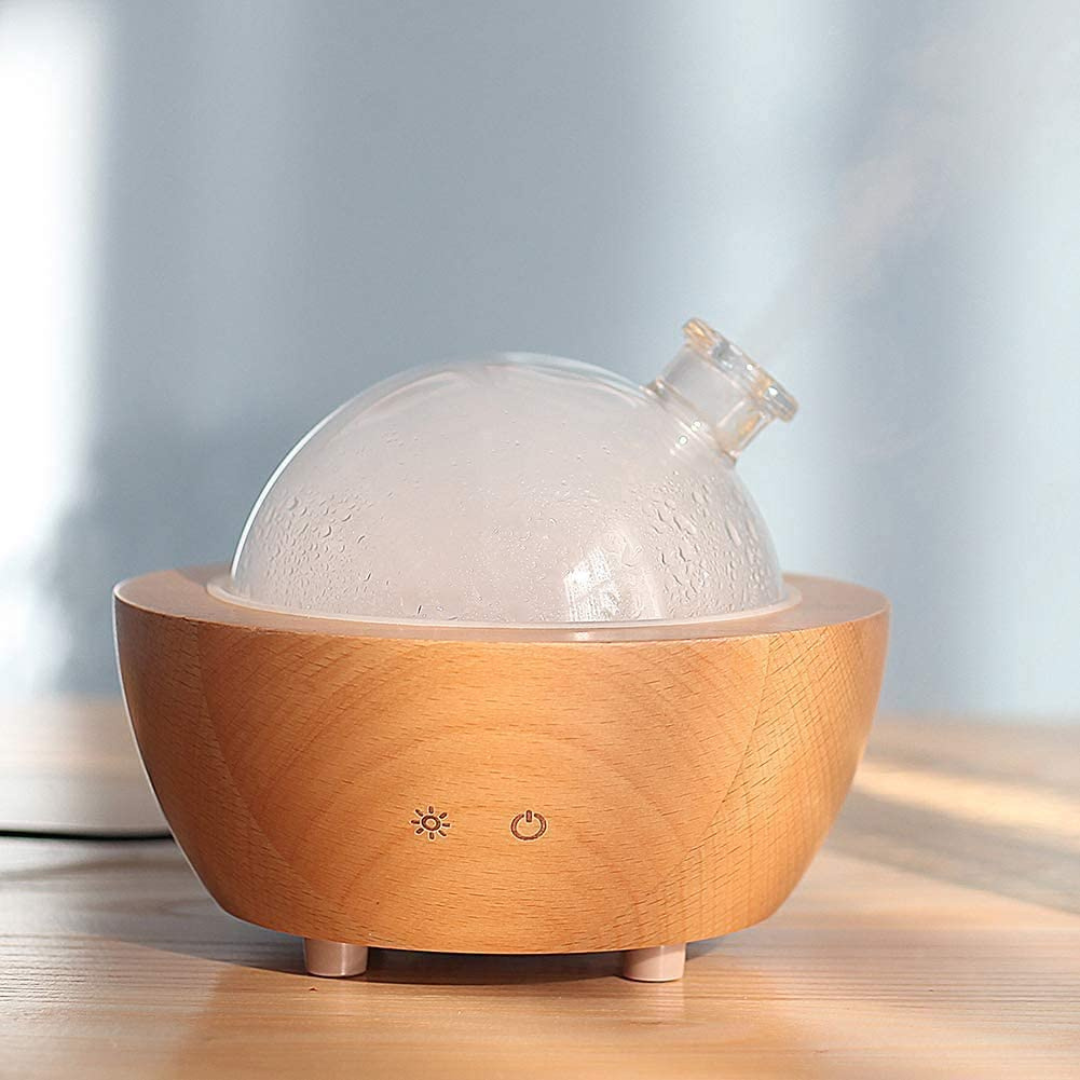|
|Are you feeling overwhelmed by the clutter in your home and in your mind? Do you find yourself constantly searching for things amidst the chaos, both externally and internally? Then, it's time to take action and embark on a journey of decluttering your space and your mind. In this article, we'll delve into practical tips and effective strategies that will empower you to simplify not only your physical space but also your mental landscape. By adopting these techniques, you can create an environment that promotes calmness, clarity, and enhanced focus, ultimately fostering a sense of peace and well-being in your daily life. Get ready to unlock the transformative power of decluttering and unleash the positive impact it can have on your overall quality of life. Please note: This article does not contain healthcare, therapeutic or financial advice. If you are concerned about your health or well-being, speak with a health professional or visit your nearest medical facility in an emergency. The links in this article may be affiliate links that I will be compensated for at no additional cost to you. Setting Realistic Goals The first step in decluttering is to set realistic goals. What would you like to achieve? Do you want to have a more organized home? Do you want to reduce stress and anxiety? Write down your goals and keep them in mind as you work through the decluttering process. When setting your goals, it's important to consider factors such as your available time, energy levels, and the complexity of the task at hand. Break down larger goals into smaller, more manageable steps to make the process less overwhelming. This will increase your chances of success and help you maintain momentum. Be sure to set goals you can commit to, and reward yourself when you complete one of them on your task list. Motivation goes a long way when decluttering. Start Small It can be overwhelming to tackle a whole room or your entire home at once. Instead, start with a smaller area, like a closet or the “everything” drawer. Set a timer for 15-30 minutes and work on decluttering that space. Sort items into piles and categorize them into: keep, donate, sell, and throw away. Be honest with yourself about what you really need and what you can actually let go of. And if you do find that you have large decluttering projects to work through, like needing to toss large furniture pieces that can't be donated or sorting through the contents of an entire garage, remember to be gentle with yourself throughout the process. Similarly, getting rid of all the mental clutter might feel like a big task, but no need to stress! A great way to start is by organizing your thoughts. An effective technique is to engage in journaling or writing exercises. Find a quiet and comfortable space at home where you can freely express your thoughts without judgment. Begin by jotting down everything that comes to mind, whether it's worries, goals, or just random thoughts. This process allows you to externalize your thoughts and make them tangible. In addition to organizing your thoughts, it's crucial to incorporate other mindfulness techniques into your routine. Practices such as meditation, deep breathing exercises, or engaging in activities that bring you joy and relaxation can further contribute to reducing mental clutter. Taking breaks and allowing yourself moments of calm can enhance your overall wellbeing and sharpen your mental acuity. Create Systems Once you've decluttered a small space, it's important to create systems to help keep it organized. This might mean investing in storage solutions like bins, shelves, or drawer dividers. Label everything clearly so you can find what you need quickly and easily. Creating systems will help you maintain your newly decluttered space. To create a system for mental decluttering, start by setting aside dedicated time in a quiet space. Try a brain dump, capturing all thoughts without filtering. Categorize the items into different areas of life and prioritize each category. Create a task list, breaking down larger tasks into smaller achievable steps. Regularly review and reflect on progress. Incorporate mindfulness or meditation techniques. Decluttering your physical space, prioritizing self-care, and avoiding multitasking are great ways to start. Remember to tailor the system to your preferences and experiment with techniques that work best for you. Get Rid of Clutter Regularly Decluttering isn't a one-time event. It's an ongoing process that requires consistent effort and dedication. While a major decluttering session can make a noticeable difference, it's important to remember that clutter has a sneaky way of creeping back into our lives if we're not careful. To maintain a clutter-free environment, it's crucial to set aside time regularly to tackle the clutter. Designate a specific day or time each week or month, depending on your schedule and the amount of clutter you typically accumulate. By incorporating decluttering into your routine, you'll create a habit that helps prevent the accumulation of unnecessary items and keep your space organized. This will also make you feel like you have extra space, which can inspire you to stay organized. Remember, decluttering isn't just about getting rid of physical items; it's also about creating space for new opportunities and experiences. By letting go of things that no longer serve you, you open up room for personal growth, creativity, and a sense of freedom. So, make it a priority to regularly declutter small spaces or specific areas in your home or office. Whether it's a drawer, a closet, or a shelf, focus on one area at a time to avoid feeling overwhelmed. With each decluttering session, you'll make progress and build momentum toward a more organized and clutter-free life. Final Thoughts Decluttering your space and mind can be a powerful way to reduce stress, increase focus, and simplify your life. To ensure success, try setting goals, starting small, and creating systems to declutter your space and mind. By making it a regular part of your routine, you can enjoy the benefits of a clutter-free life. So why wait? Start decluttering today! Related: How Can Disorganization Impact Mental Health? The links on this page may be embedded with affiliate links that I am compensated for at no additional cost to you.
Comments are closed.
|
Welcome to the blog!↓ That's me, Heather. :)
MENTAL HEALTH RESOURCE VAULTGreat!Check your email for instructions on how to access the Mental Health Resource Vault. Categories
All
Popular Posts// 25 Positive Mindset Quotes
// Self-Care Bullet Journal Spreads // 7 Ways Your Physical Health is Connected to Your Mental Health |
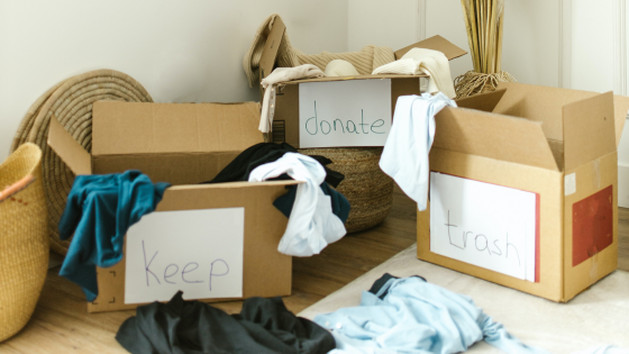
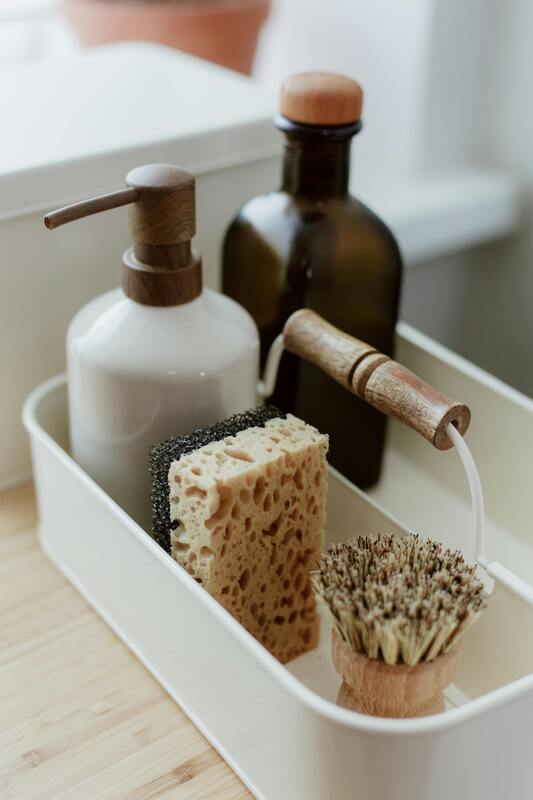
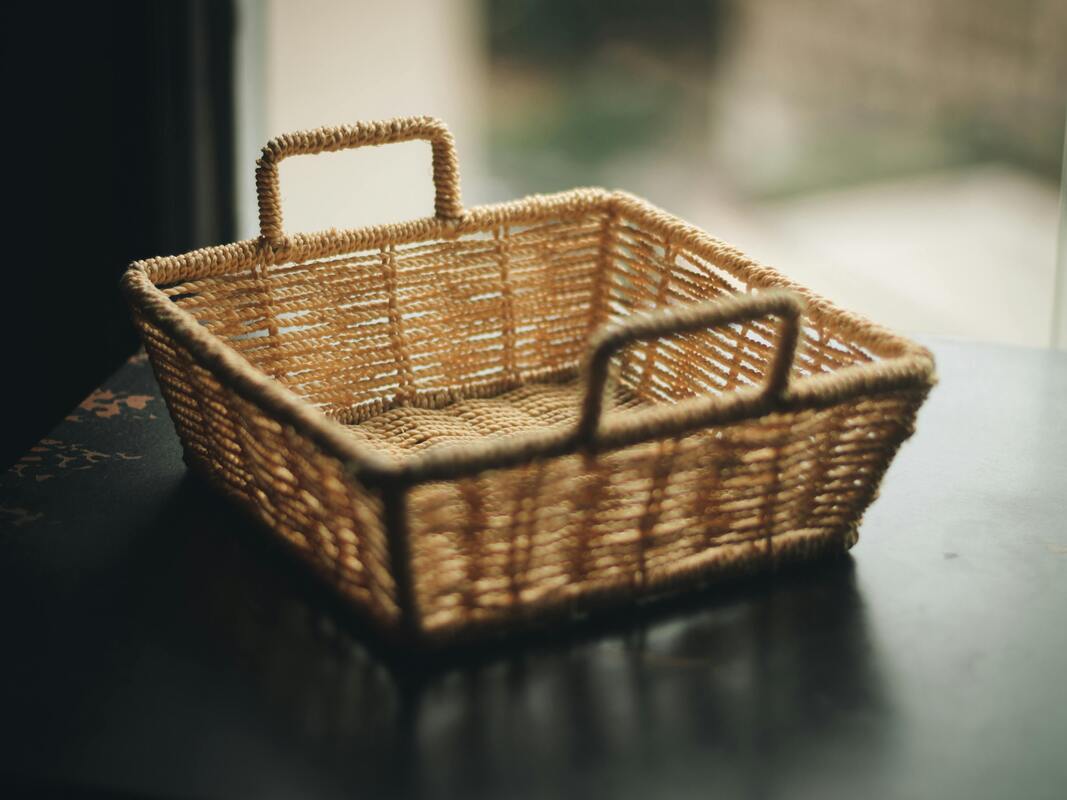
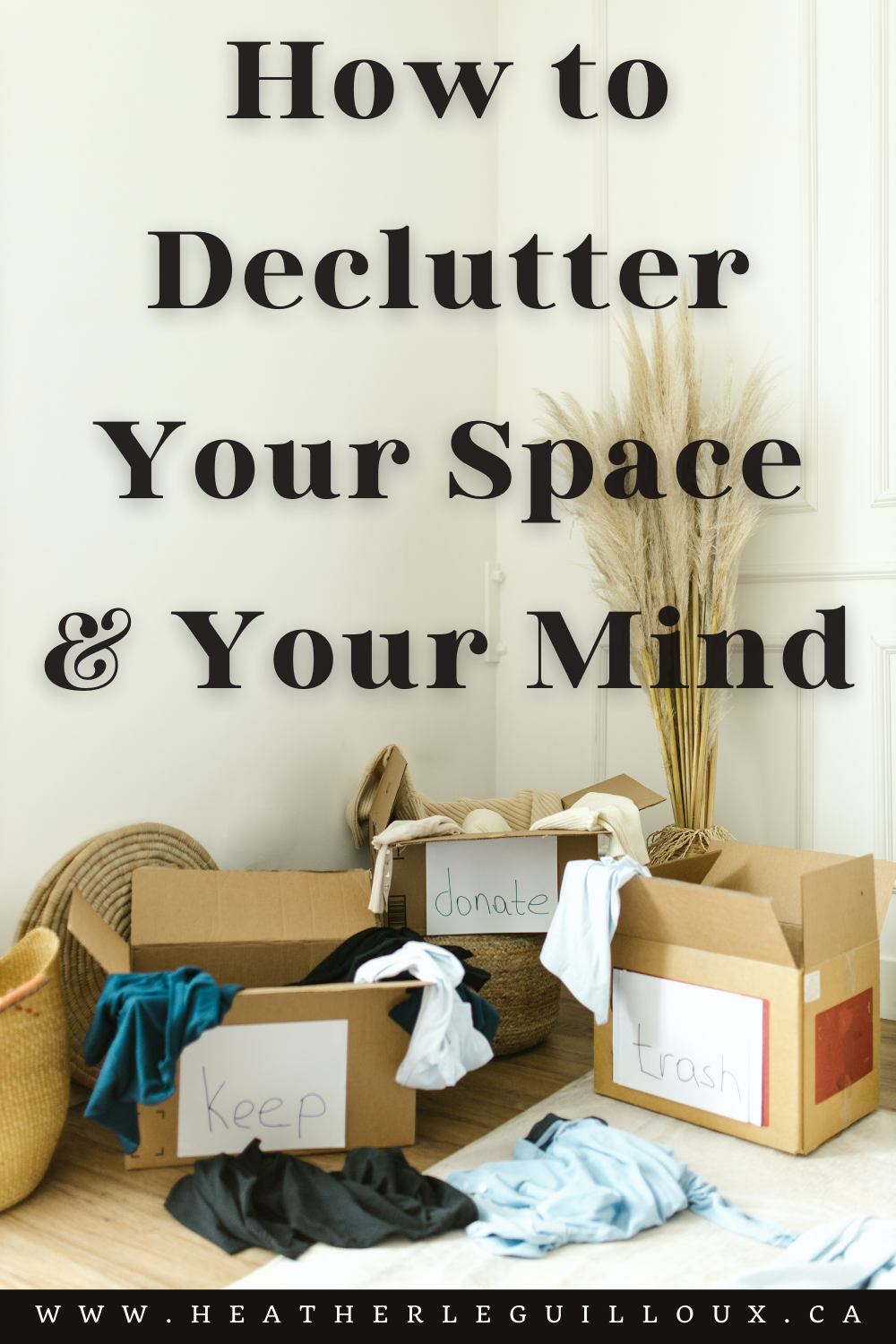


 RSS Feed
RSS Feed







